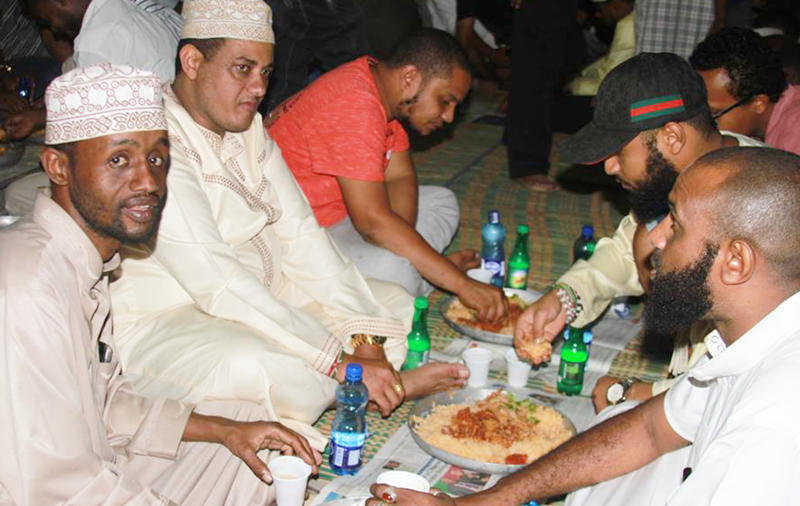×
The Standard e-Paper
Stay Informed, Even Offline

Today will probably be the last day of the holy month of Ramadhan for those who profess Islam
Many non-Muslims might get shocked if I say, the Muslims all the over the World were engaged in an intensive Jihad during this holy month. This shock might come from the misunderstanding about what Jihad really means. In Islam, there are two forms of Jihad.